The Ones Before You
₦5,000.00
The Ones Before You is a collection of confessional poems that demonstrates reverence for such human relations as romance, filiality, and friendship. More than an emotional outpour in lines and stanzas, this book is a point of contact with the self and the other. It knows not to judge encounters and relationships by outcomes, finding consolation, instead, in the memories of shared moments. While deeply personal, the experiences remain relatable, transforming individual sentiments into narratives that resonate universally.
39 in stock
There are, in these poems of ’Jọba Ọ̀jẹ̀labí, delightful convergences of music and meaning, wistfulness and pith, tradition and talent. The love poems throb with courtly restraint and place-poems conjure magisterially. There is a quality, even if vestigial, of innocence as there is a quality of knowledge. They will surprise you with their luminosity and liminality.
Tade Ipadeola, award-winning author of The Sahara Testaments (Winner, Nigeria Prize for Literature, 2013)
In The Ones Before You, the love is palpable; you feel as if you can touch the love as it happens, as it unravels in those lines, as much as they have touched you in their tenderness; the tenderness with which they are shaped. Whether they are talking about food, or about a lovelorn lover, or newborn child, the poet’s love for words, and for love as a thing, can be sensed. There are echoes of loneliness here and there as the poet navigates his emotions through the lonesome road of adulthood…. And even in all this, there’s a certain musicality resonating through the verses, a rhythm to how the lines move to become these songs—songs of love, of loneliness, of praise; shadows of Osundare, if you may. And there are the linguistic tricks of oscillation between tongues that happen in places.
Olubunmi Familoni, award-winning author of The Road Does Not End (Winner, Nigeria Prize for Literature, 2024)
Every so often, an outsider poet appears on the poetry scene, usually from the sciences, with vibrant language and unconventional methods. This is ’Jọba Ọ̀jẹ̀labí’s approach: An off-kilter lyricism influenced by pharmaceutical sciences, Yoruba worldview and a penchant for mischief.
Dami Ajayi, author of Affection & Other Accidents.
The Ones Before You is a snazzy meditation on inheritance and identity, where traditional Yoruba wisdom collides with modern longing. Ọ̀jẹ̀labí examines how we wear different faces—son, lover, masquerade—while searching for authenticity beneath our necessary disguises. The collection pulses with the tension between duty and desire, particularly where dreams become chains, and freedom—its kind of cage. These are poems of transformation: lovers become sellotape healers, mothers hold both ladle and thunder, and every verse serves as a mirror, asking us to examine which face we wear and why. Through precise imagery and masterful use of English and Yoruba, Ọ̀jẹ̀labí creates a village where ancient wisdom and contemporary Nigerian life merge into deep inquiries of what it means to inherit multiple worlds.
Adedayo Agarau, award-winning poet and Editor-in-Chief, Agbowó.
| Author | ’Jọba Ọ̀jẹ̀labí |
|---|---|
| Cover | Paperback, 68 pages |
| ISBN | 9789786099330 |
| Publisher | Noirledge Publishing, 2025 |


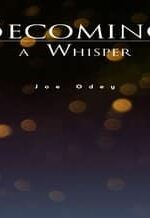 Becoming A Whisper
Becoming A Whisper 
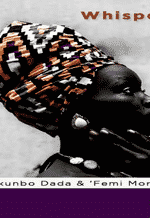
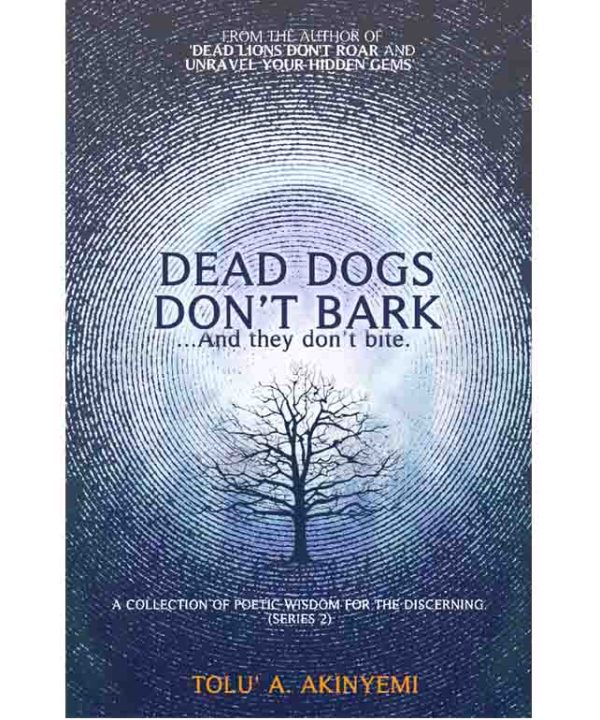

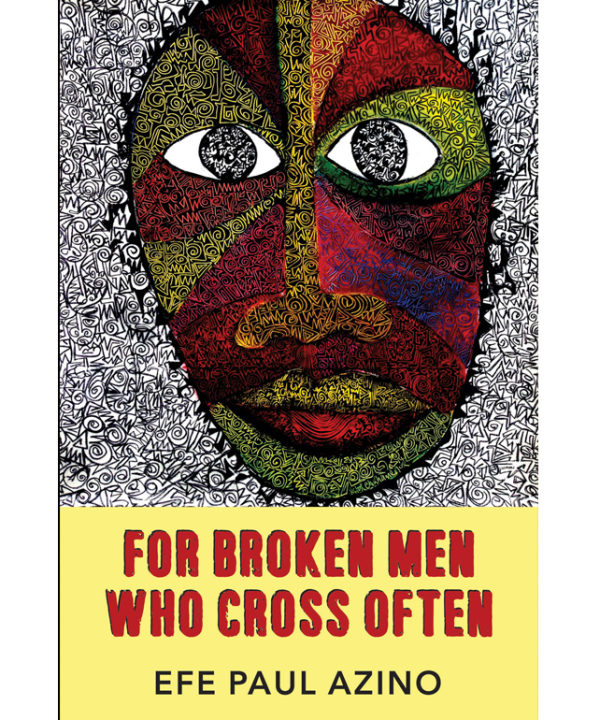
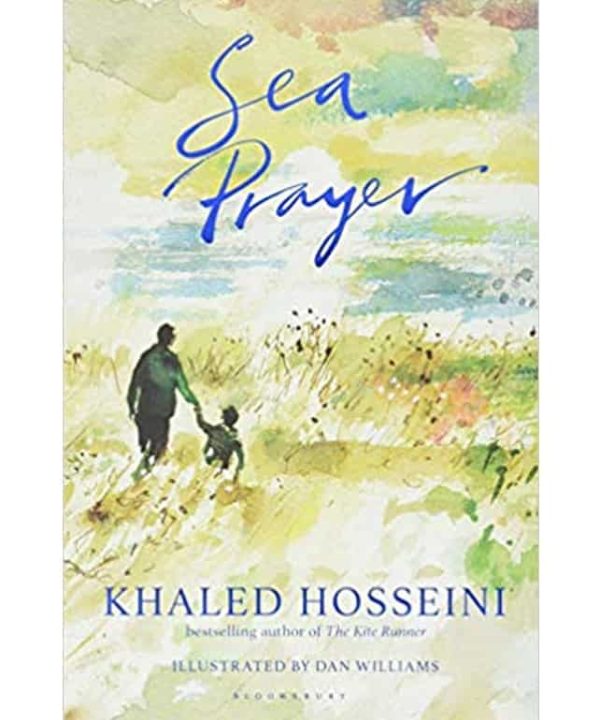

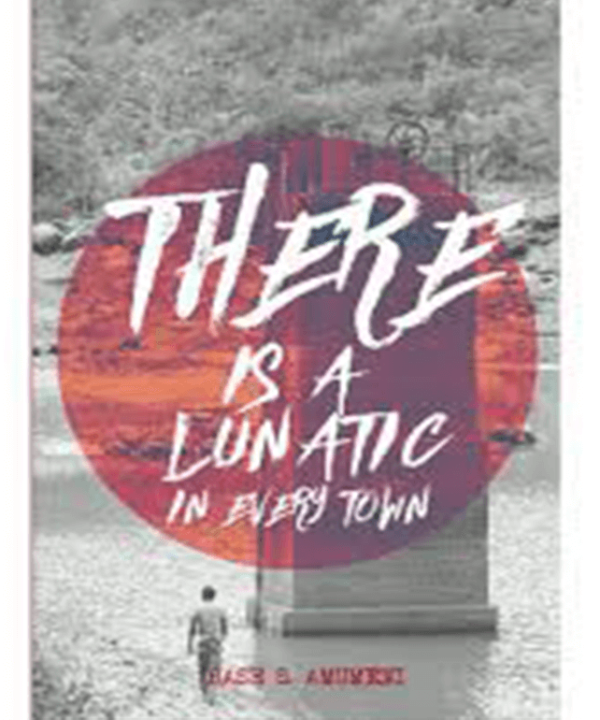

Reviews
There are no reviews yet.